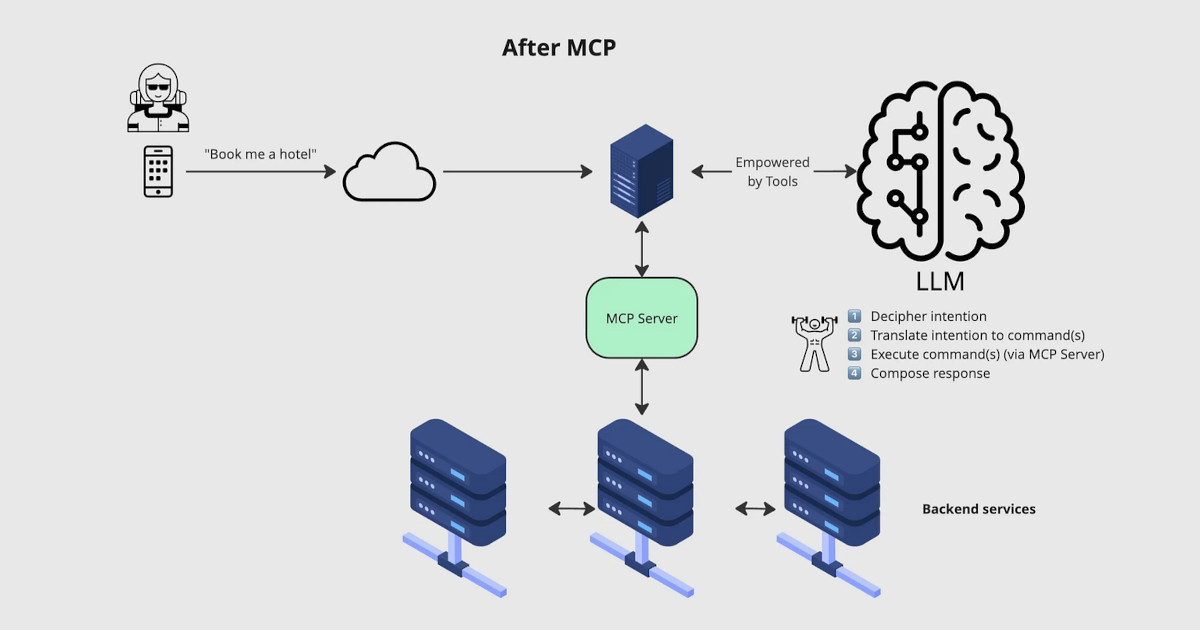
"A fundamental shift in enterprise software architecture is emerging as AI agents transition from assistive tools to operational execution engines, with traditional application backends retreating to governance and permission management roles. This transformation is accelerating across banking, healthcare, and retail systems, with 40% of enterprise applications expected to include autonomous agents by 2026. Rafael Torres, senior software development architect at Expedia Group, recently noted this architectural evolution, explaining how agents now directly invoke services and orchestrate workflows"
"The backend becomes governance-focused, while agents become operational logic engines that perform real CRUD operations, manage transactions, and coordinate across services. Torres positions MCP as analogous to HTTP for the web, calling it "the universal protocol for interaction between intelligent agents and software systems." Enterprise adoption of AI Agents accelerated dramatically in 2025. Gartner predicted in August that 40% of enterprise applications will include integrated task-specific agents by 2026, up from less than 5% today."
AI agents are shifting from assistive roles to operational execution engines that directly invoke services and orchestrate workflows. The Model Context Protocol (MCP) provides structured access to databases, APIs, and runtime environments, enabling agents to perform real CRUD operations, manage transactions, and coordinate across services. Backends are shifting toward governance, permission management, and oversight rather than direct orchestration. Enterprise adoption accelerated in 2025, with forecasts that 40% of enterprise applications will include integrated task-specific agents by 2026. Organizations across banking, healthcare, and retail are reevaluating traditional packaged software investments in response.
Read at InfoQ
Unable to calculate read time
Collection
[
|
...
]